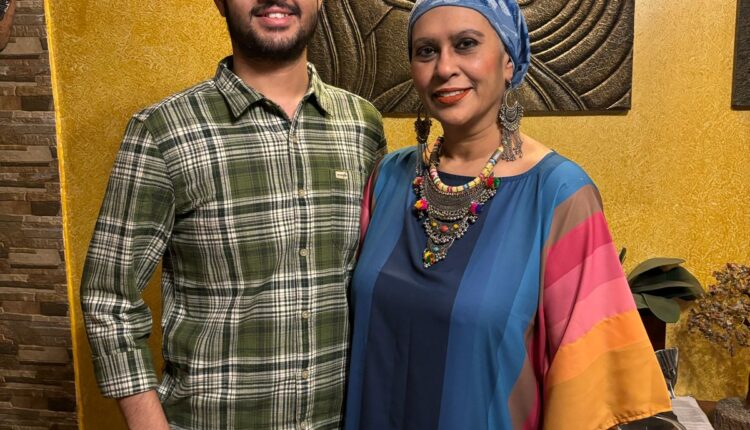When Inclusion Fails: 91% CBSE Scorer with Autism Deregistered from University, Family Alleges Disability Discrimination
In a disturbing turn of events that raises critical questions about institutional empathy, inclusivity, and mental health support in Indian higher education, a 23-year-old student with autism has been deregistered from Azim Premji University—an institution known for its progressive values and deep-rooted commitment to equity.
Manav Bhinder, a student of BSc Physics and recipient of a need-based scholarship, was officially deregistered from the university earlier this year. The decision, made on the grounds of “accumulated U grades” (unsatisfactory performance), has since been contested by his mother, Sharmita Bhinder, who has accused the university of failing to support her neurodivergent son and disregarding repeated attempts to communicate his underlying challenges.
At the heart of this case is a broader question: What does inclusive education truly mean when policies override people—and systems ignore suffering?
Manav entered university with a diagnosis of high-functioning autism, along with psoriasis and IBS. During his time at Azim Premji University, under heightened anxiety and inadequate accommodations, his health significantly worsened. He was later diagnosed with autoimmune celiac disease, F2 liver fibrosis, and more recently, ADHD (by PGIMER, Chandigarh) and depression, measured using the Hamilton Depression Rating Scale.
Despite these layered and evolving conditions, Manav had a track record of all-round excellence before joining the university. He scored 91.5% in CBSE, participated in over 145 Model United Nations (MUNs), and earned special mentions or high recommendations in 125 of them. He completed Grade 8 in Communication Skills from Trinity College London and Grade 6 in Performance Arts with Distinction. He was also actively involved with Wings Theatre Group in Chandigarh for 8 years, working on music and lighting since the age of 13.
“This was not just a bright academic child,” says Sharmita. “He was expressive, engaged, and thriving across multiple disciplines—until he arrived at Azim Premji University.”
According to his mother, the university environment initially seemed accepting. Professors and peers appeared inclusive, but over time, bullying from students and skepticism from faculty about his condition led to Manav withdrawing socially. “They tried, but not hard enough,” she says. “They gave up on Manav long before he gave up on himself.”
He was reportedly removed from clubs, socially excluded, and eventually sat alone in classrooms for over a year without intervention. “No professor asked why. No effort was made to re-integrate him,” says Sharmita.
Though the university cites procedural grounds for his deregistration, the family argues that inadequate support systems and poor coordination between departments directly contributed to Manav’s academic challenges. These included:
Delayed subject allocation, disrupting his study routine
Non-recognition of medical leave, despite documentation
Inconsistent access to celiac-appropriate food and storage
Sharmita clarifies that while the university eventually allowed use of a shared fridge in the canteen, it was impractical for Manav due to hygiene concerns, access limitations, and his need for private, secure storage. “A small fridge in the pantry area, something we could’ve arranged ourselves, would have made a big difference,” she says. Over the past year, Manav lost over 13 kilograms, which the family attributes to stress and dietary issues on campus.

